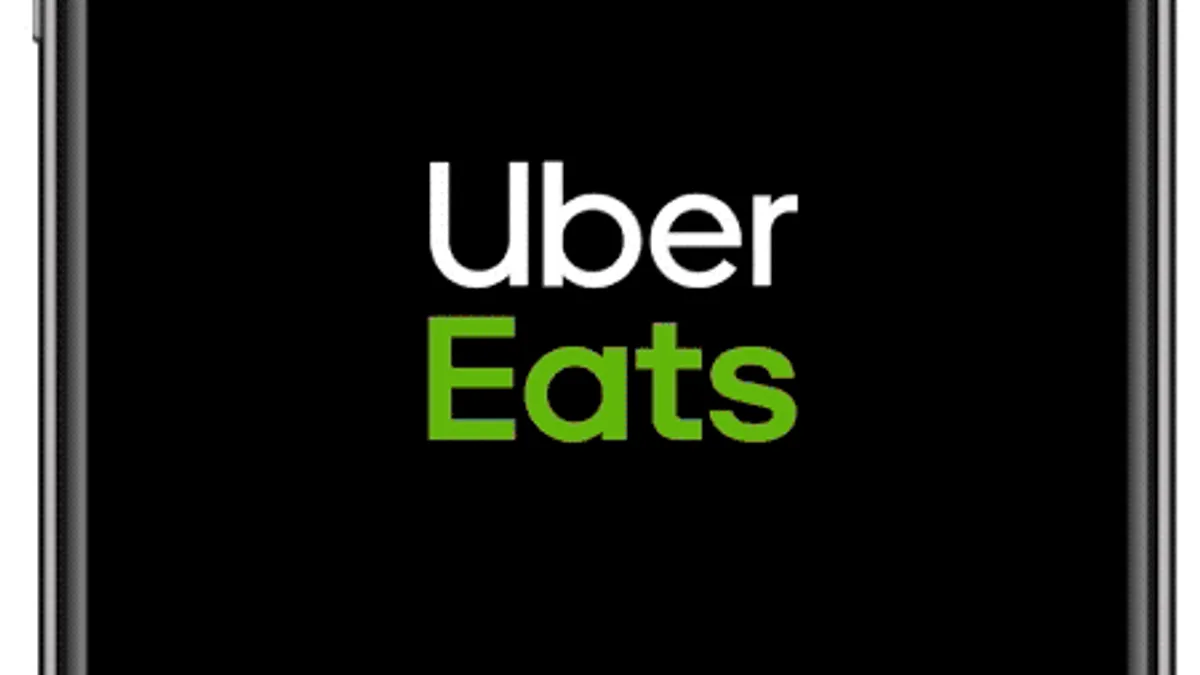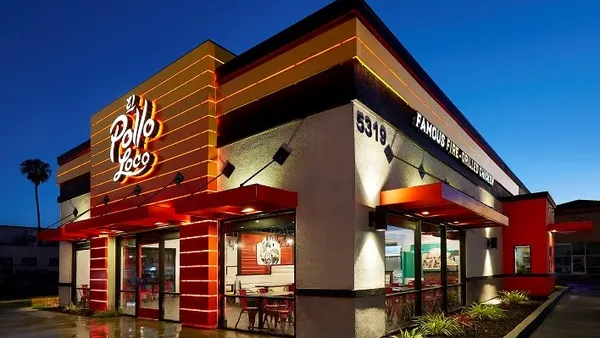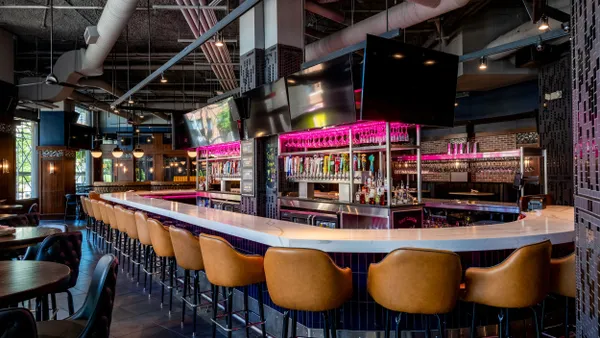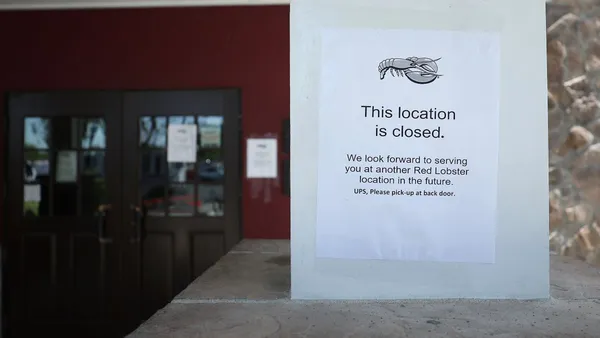Dive Brief:
- Uber Eats and the Local Initiatives Support Corporation are partnering to offer loans with flexible repayment terms to Black restaurant owners through a Black Restaurant Fund.
- The fund will offer capital to Black-owned restaurants that are located in economically disadvantaged areas and partner with Uber Eats, according to a press release issued Tuesday.
- Uber Eats framed the initiative, which it expects will offer capital to about 35 restaurants in its first three years, as a way to break down barriers to financing for Black small business owners, who are more likely to be denied credit than other business owners, according to the press release.
Dive Insight:
Black-owned small businesses often face trouble raising money and have to dip into personal resources, according to Goldman Sachs’ 10,000 Small Businesses Voices report. Uber’s loan initiative could help grow partner loyalty among this operator demographic and attract new businesses to its platform.
“Thirty-seven percent of Black small business owners have found it difficult to access new capital and financing, 14 percentage points higher than their peers,” Goldman Sachs wrote in a press release emailed to Restaurant Dive. “Additionally, 45% of Black small business owners have dipped into their personal savings over the past three months in order to keep their business afloat (versus 33% overall).”
According to the National Restaurant Association, the overall diversity of restaurant owners is higher than that of the private sector — some 41% of restaurant firms are minority-owned compared to 30% of business generally. But the NRA’s data shows that Black restaurant ownership lags Black representation in the U.S. Some 9% of restaurant firms are owned by Black people, while 13.6% of Americans are Black, according to U.S. Census Bureau data.
Uber Eats and LISC posit that minority business owners tend to face barriers to financing, and are more likely than White business owners to be denied credit, receive less credit than requested or be dissuaded from applying for credit. The net result, according to Uber Eats, is lower profits and less hiring at Black-owned restaurants than might otherwise be expected. Uber Eats and LISC say their loans can help ameliorate this situation.
These Uber Eats loans “only require repayment after owners achieve targeted revenue growth,” according to the press release. The aggregator didn’t specify how the revenue targets would be set, the rate of interest the loans accumulate or when they begin to accumulate interest.
To be eligible, Uber Eats partners must accrue between $250,000 and $3 million in yearly revenue and have employees. Uber Eats did not immediately respond to requests to clarify how recipients would be selected.
Partnerships between major companies and community development organizations offer a way for companies to diversify the restaurants they work with. In November, the National Urban League and Popeyes partnered to recruit and screen diverse franchisee applicants.
Despite barriers to finance, Black business owners are relatively optimistic about the state of the economy, according to the Goldman Sachs report. Eighty-one percent of Black small business owners are optimistic about their trajectories in 2023, compared to 68% of small business owners overall. More Black small business owners (67%) are planning to hire this year, which is well above the national average for that expectation (51%).















